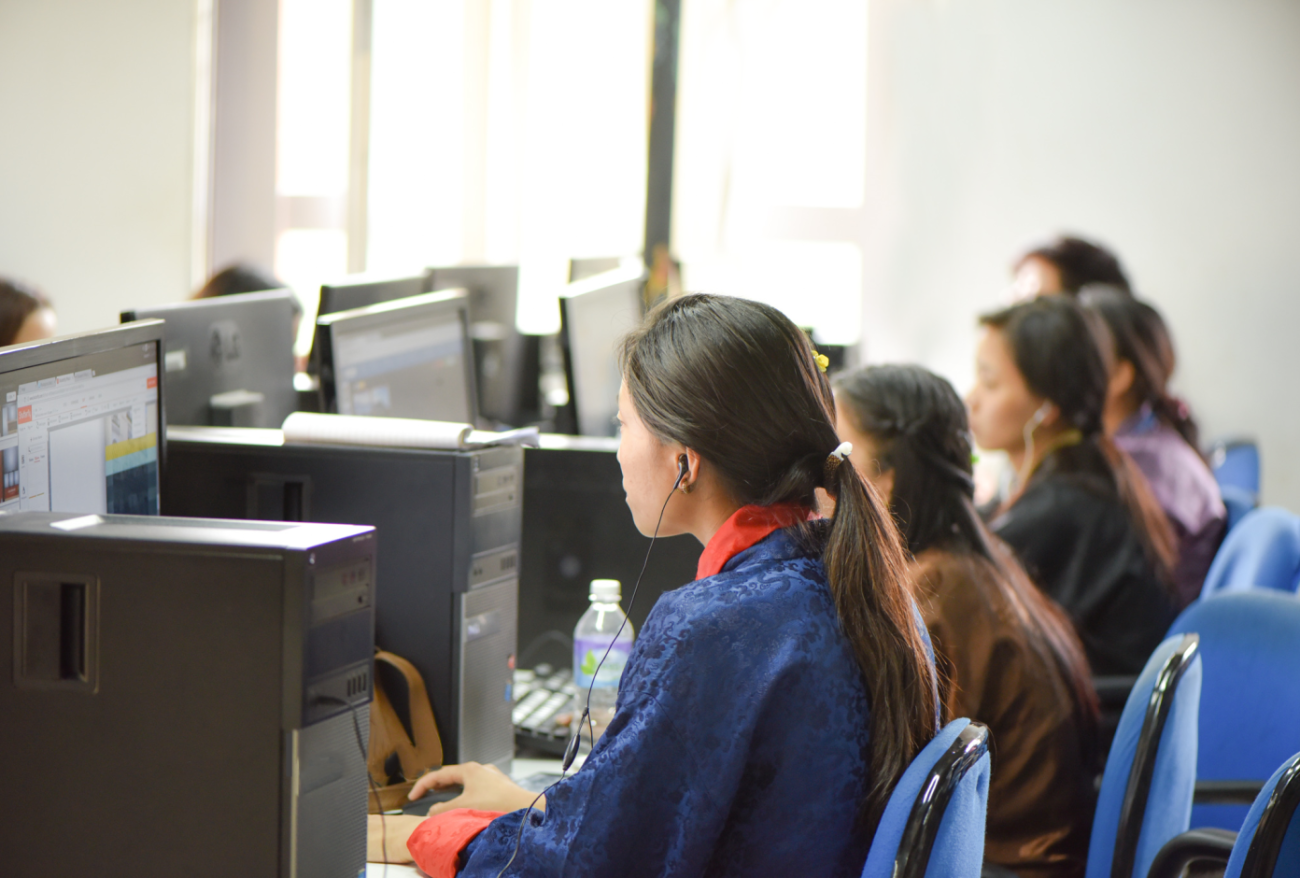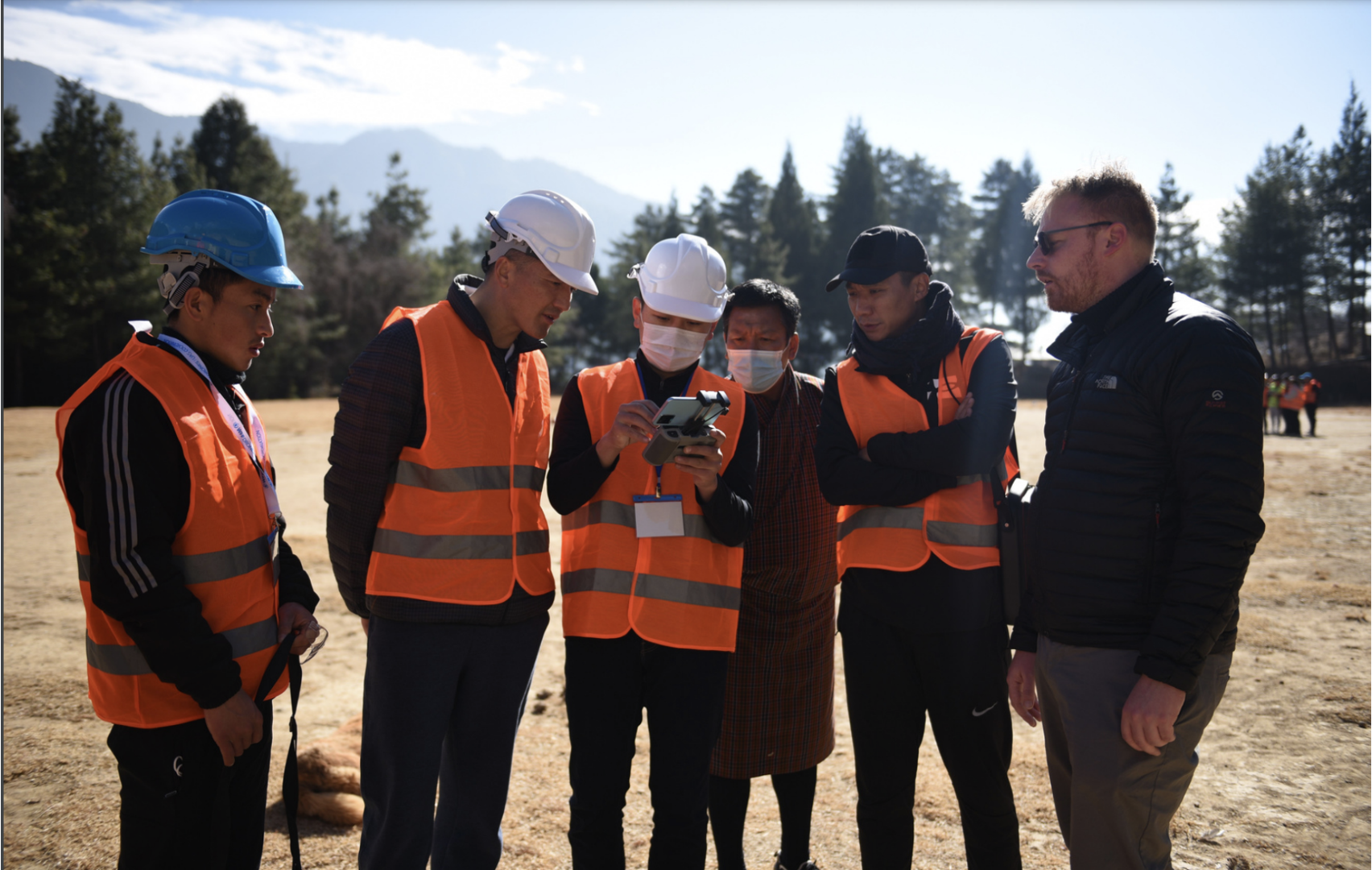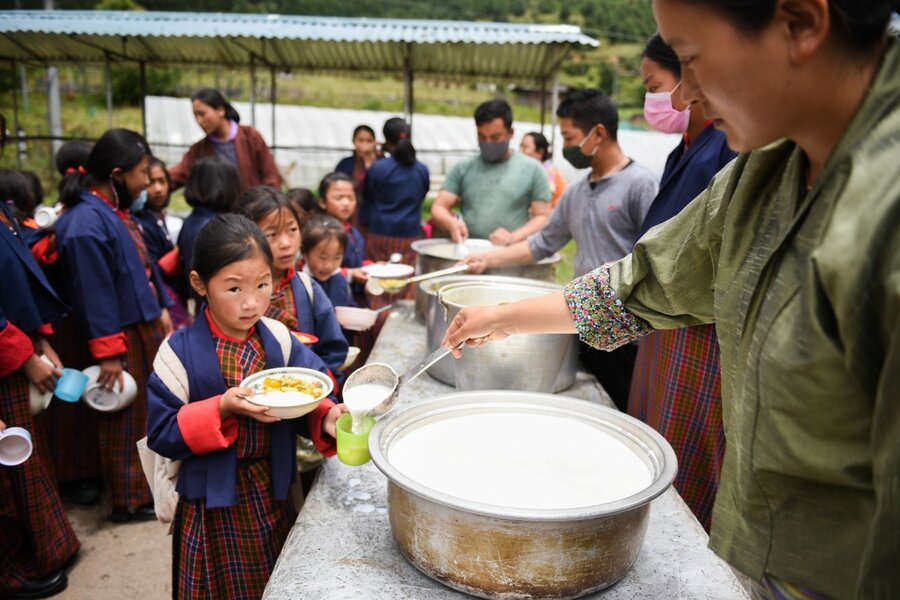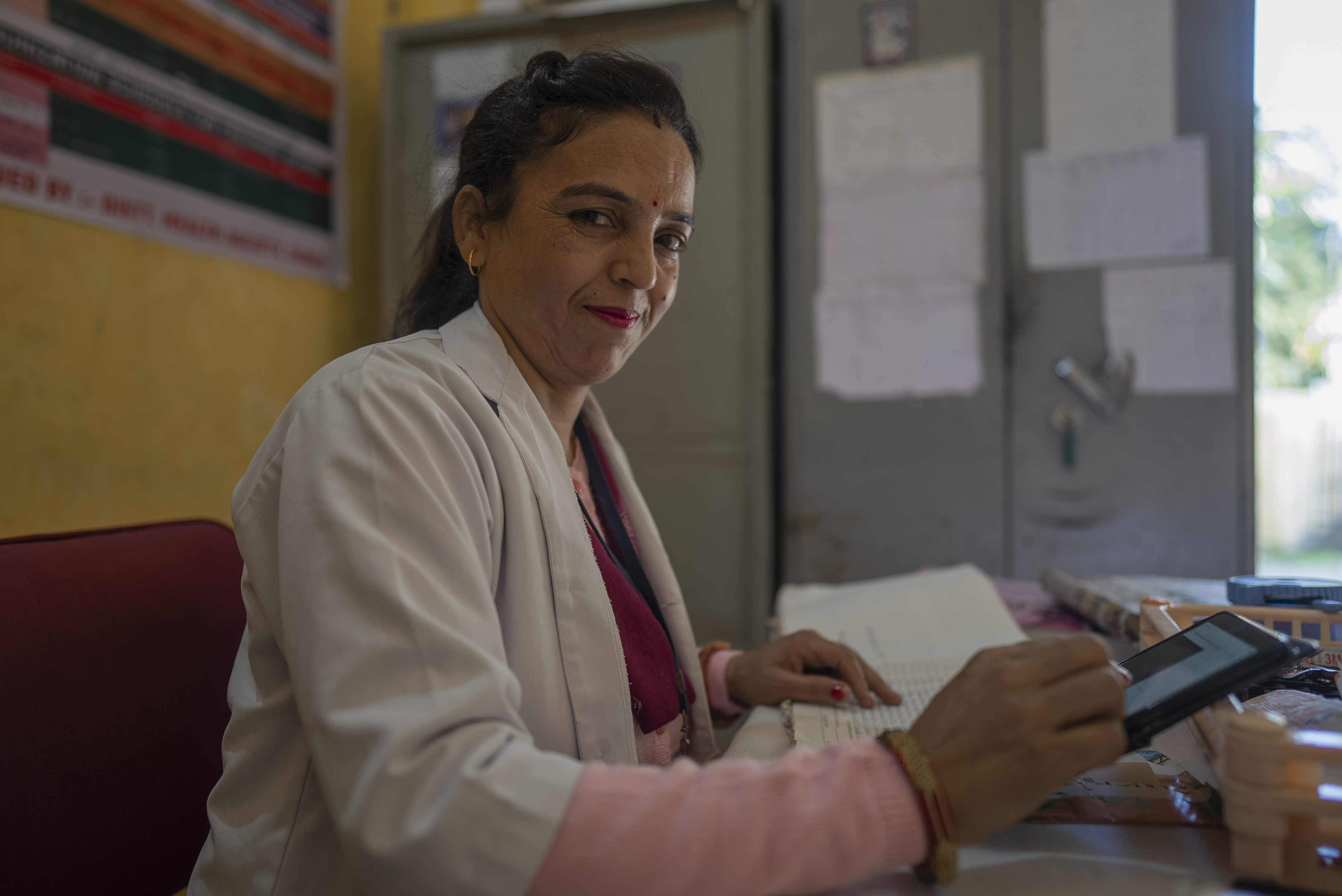Digital Transformation: Bhutan's Key to SDG Acceleration

What happens when a small Himalayan kingdom gets on the digital highway? Bhutan, once a late adopter of the internet, now boasts connectivity in every school, with 87 percent of its population online, surpassing the global average.
This rapid digitalization isn't unique to Bhutan; it's a global phenomenon. The crucial question is how to harness this momentum for the greater good. As the UN Resident Coordinator in Bhutan, my role is to guide this progress towards achieving the Sustainable Development Goals (SDGs). Under my lead, the UN team in Bhutan is supporting the country’s digital transformation journey - our vision is an open, free, secure, and human-centered digital future that leaves no one behind.
Our collaborative efforts are firmly aligned with Bhutan's National Digital Strategy, a visionary roadmap that charts the course for the nation's digital future. We actively partner with organizations like GovTech, pooling resources and expertise to advance the digitalization priorities outlined in Bhutan's ambitious 13th Five Year Development Plan such as expanding online learning, data security and privacy and securing intellectual property rights. This strategic partnership is instrumental in supporting Bhutan's bold vision of achieving high-income country status by 2034, leveraging the transformative power of digital technologies to drive economic growth, social progress, and environmental sustainability.

Digital transformation as an SDG accelerator
By efficiently tackling multiple Goals, an SDG accelerator maximizes impact and helps to achieve them more quickly and effectively. Our efforts in the digital space work as an SDG accelerator. It's a powerful approach to sustainable development that recognizes the interconnectedness of global challenges and offers a more holistic solution. It's a catalyst that sparks positive change in several areas of sustainable development.
The UN Country Team (UNCT) has strategically prioritized digital technology in its UN Sustainable Development Cooperation Framework 2024-2028. Our transformative programmes are looking at tackling challenges such as disaster management and health. The impact of these collaborative efforts is evident across Bhutan. In remote Himalayan villages, pregnant women can now access prenatal care through telemedicine, reducing maternal and infant mortality rates.
A prime example is the School Meal Planner Plus software. This tool has revolutionized the way school meals are planned and sourced, leading to a significant 60 per cent increase in the procurement of vegetables, fruits, and livestock products from local smallholder farmers. By creating predictable demand for up to a year, farmers can now confidently plan their production, ensuring a stable income and contributing to economic growth in rural communities.
The benefits extend beyond the farm. The software has also resulted in a 15 per cent reduction in meal costs, making school meals more affordable and accessible. Additionally, it ensures that students receive milk at least once a week, improving their nutritional intake. Furthermore, the initiative has encouraged the cultivation of new crops like asparagus, kale, and kiwi, promoting dietary diversification and enhancing the overall health and well-being of students.

This innovative technology, which has been rolled out for 276 schools in 12 different districts, benefiting more than 55,000 students, serves as an SDG accelerator, contributing to multiple goals simultaneously. It addresses Zero Hunger (SDG 2) by improving access to nutritious food, promotes Health and Wellbeing (SDG 3) through better nutrition, enhances Quality Education (SDG 4) by ensuring well-nourished children are better equipped to learn, fosters Sustainable Cities and Communities (SDG 11) by creating predictable markets for local farmers, and supports Responsible Consumption and Production (SDG 12) through its farm-to-table approach, reducing waste and promoting local sourcing. This example illustrates how digital solutions can create a ripple effect and is a testament to the power of innovation to drive sustainable development in Bhutan and beyond.
UNESCO and the Ministry of Natural Resources are using digital technology to monitor water quality that has a direct impact on biodiversity, human and environmental health, education, and food security. We also draw on regional expertise from within the UN to implement digital solutions in areas like water quality monitoring, digital trade facilitation, and cybersecurity.
Young people, empowered by digital skills training, are developing innovative tools to mitigate human-wildlife conflict, protecting their livelihoods and preserving Bhutan's rich biodiversity. Moreover, the increasing accessibility of digital education and resources is inspiring more girls to pursue careers in science, technology, engineering and mathematics (STEM) fields, fostering gender equality and empowering the next generation of Bhutanese innovators.
Building south-south partnerships
Recognizing the value of collaboration and knowledge sharing, the UN Country Team in Bhutan recently embarked on a learning journey to New Delhi, India. The aim was to gain insights into India's successful digital initiatives, particularly in emergency communications, early warning systems, and expanding access to online learning through innovative WiFi solutions.
India's homegrown approach, utilizing open-source information and co-creating solutions with UN entities like International Telecommunication Union (ITU), has proven to be a cost-effective and impactful model. It has enabled the delivery of life-saving and life-changing information to millions of Indian citizens through technology. The scalability, replicability, and affordability of this technology makes it a prime example of South-South cooperation in action.

For Bhutan, increasing access to digital public services will be crucial to ensure that no one is left behind. On top of that, leveraging digital infrastructure to enhance data systems across the country will support improved policymaking and enable individuals, including smallholder farmers, to improve their livelihoods.
The UN in Bhutan remains committed to partnering with the government to harness technological advancements for the benefit of all Bhutanese. As the global community prepares for the Summit of the Future, setting ambitious targets for sustainable development, and the Global Digital Compact, outlining a shared vision for a secure and inclusive digital future, we stand ready to support the government in translating these commitments into tangible actions that will create a prosperous future for all in Bhutan.













